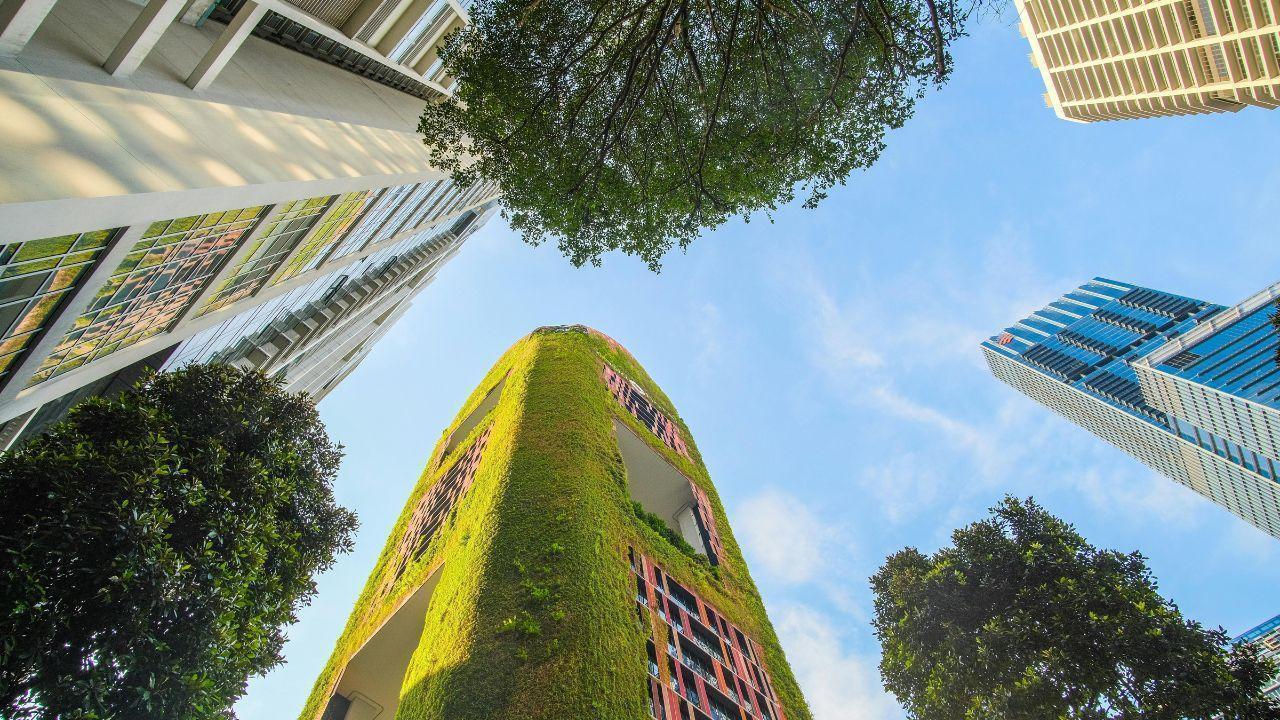
Post by : Vansh
The Earth is sounding an alarm—and it’s getting louder. From raging wildfires and melting glaciers to rising sea levels and disappearing biodiversity, nature’s signs are clear: we’re running out of time. The question is no longer whether the climate is changing—it’s whether sustainability can intervene fast enough to reverse the damage and secure a livable future for the next generations. As we face this global tipping point, the race to preserve the planet has never been more urgent.
The Intergovernmental Panel on Climate Change (IPCC) has made it clear: we have only a narrow window to limit global warming to 1.5°C above pre-industrial levels. Beyond that, we risk triggering feedback loops—such as thawing permafrost, collapsing ice sheets, and disappearing rainforests—that could make climate change irreversible.
This ticking clock isn’t just a metaphor—it’s a scientific reality. Every year of inaction makes solutions more expensive, more difficult, and less likely to succeed. But amid the urgency, there is hope. The tools, technologies, and strategies for sustainable transformation already exist—we just need the will to use them.
Sustainability isn’t just a buzzword—it’s the foundation for long-term planetary and human survival. It means balancing environmental health, economic development, and social equity. Whether it's reducing greenhouse gas emissions, protecting biodiversity, or ensuring clean water and food for all, sustainability provides a framework for living within Earth’s ecological limits.
The concept stretches beyond conservation; it redefines how we build cities, power industries, grow food, and measure success. A sustainable world is one where prosperity doesn’t come at the expense of the planet.
One of the greatest tools we have in nature’s countdown is green innovation. Renewable energy technologies like solar, wind, hydro, and geothermal are already replacing fossil fuels across the globe. Electric vehicles are becoming more accessible, and carbon capture methods are advancing.
Sustainable agriculture, vertical farming, and regenerative techniques are redefining how we grow food with less environmental impact. Smart homes and green buildings reduce energy consumption. Even AI and big data are being used to track deforestation, monitor emissions, and optimize resource usage.
These innovations prove that economic growth can coexist with environmental responsibility—if we shift investments and policies in the right direction.
This article is intended for informational and educational purposes only. It presents current insights into environmental trends, sustainability strategies, and global climate challenges that may evolve over time. Readers are encouraged to consult official sources and scientific data for further understanding. Published by MiddleEastBulletin, this content does not constitute professional environmental advice or policy direction.

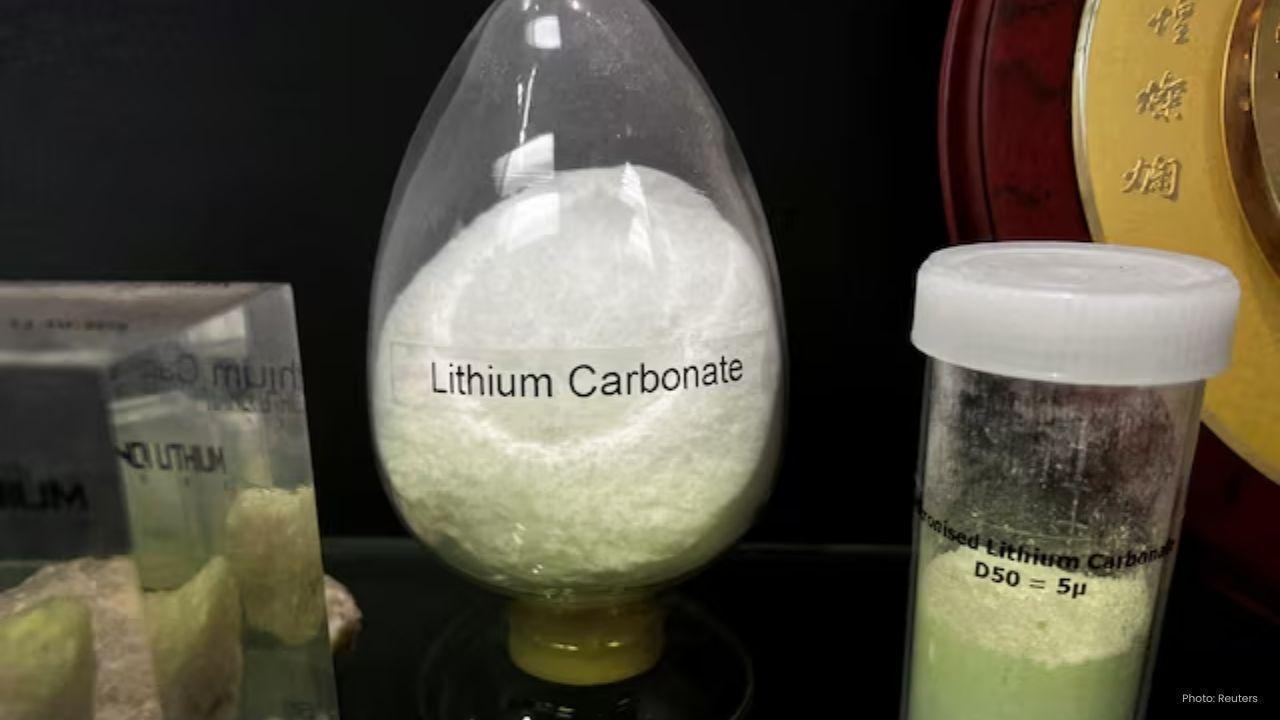



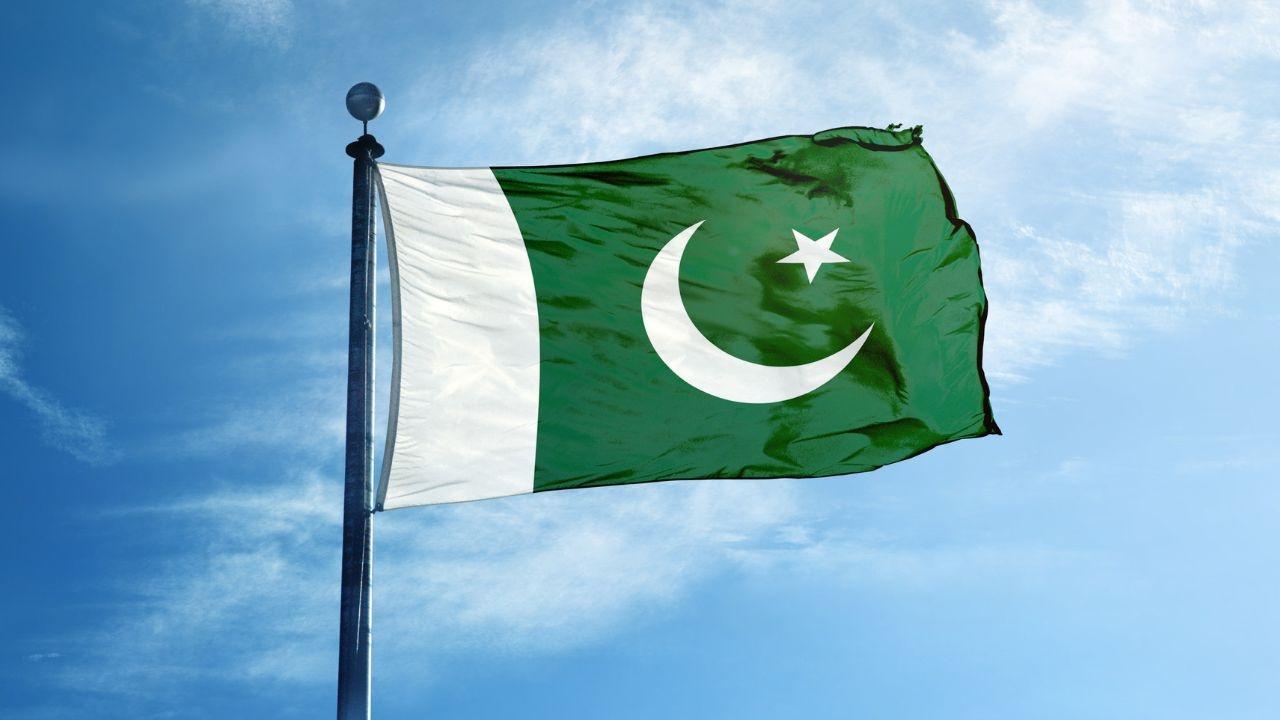
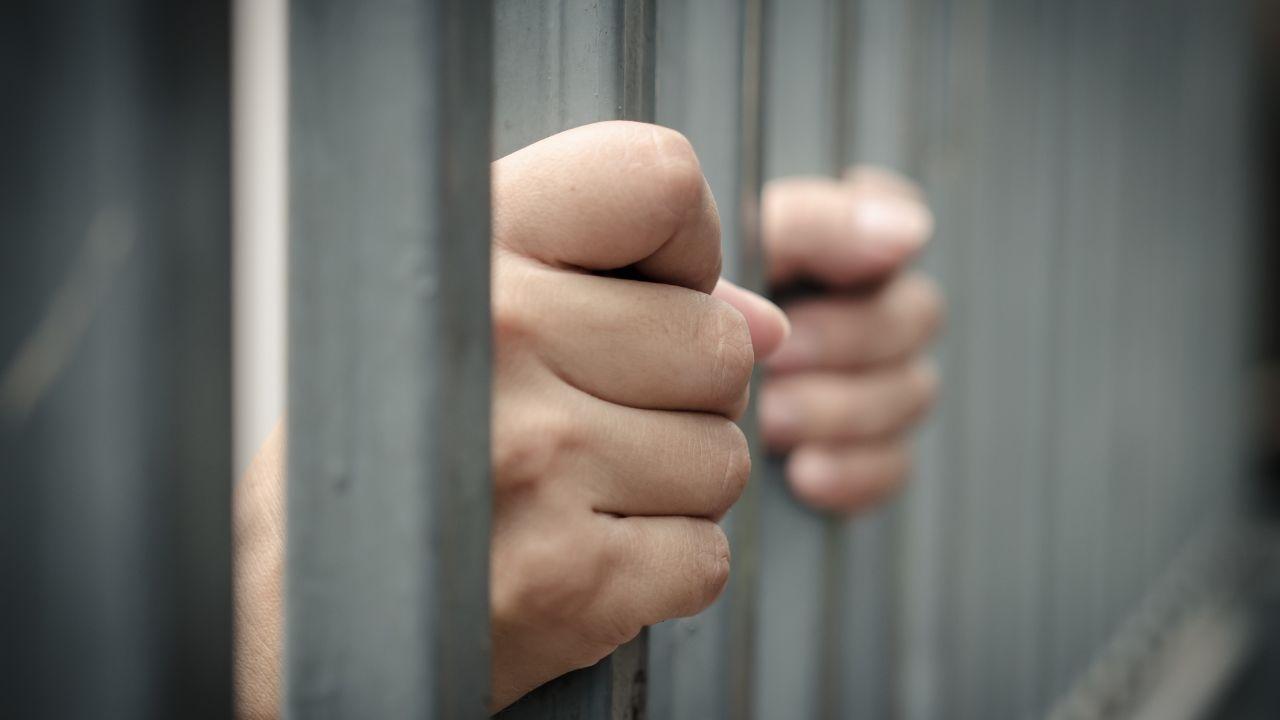
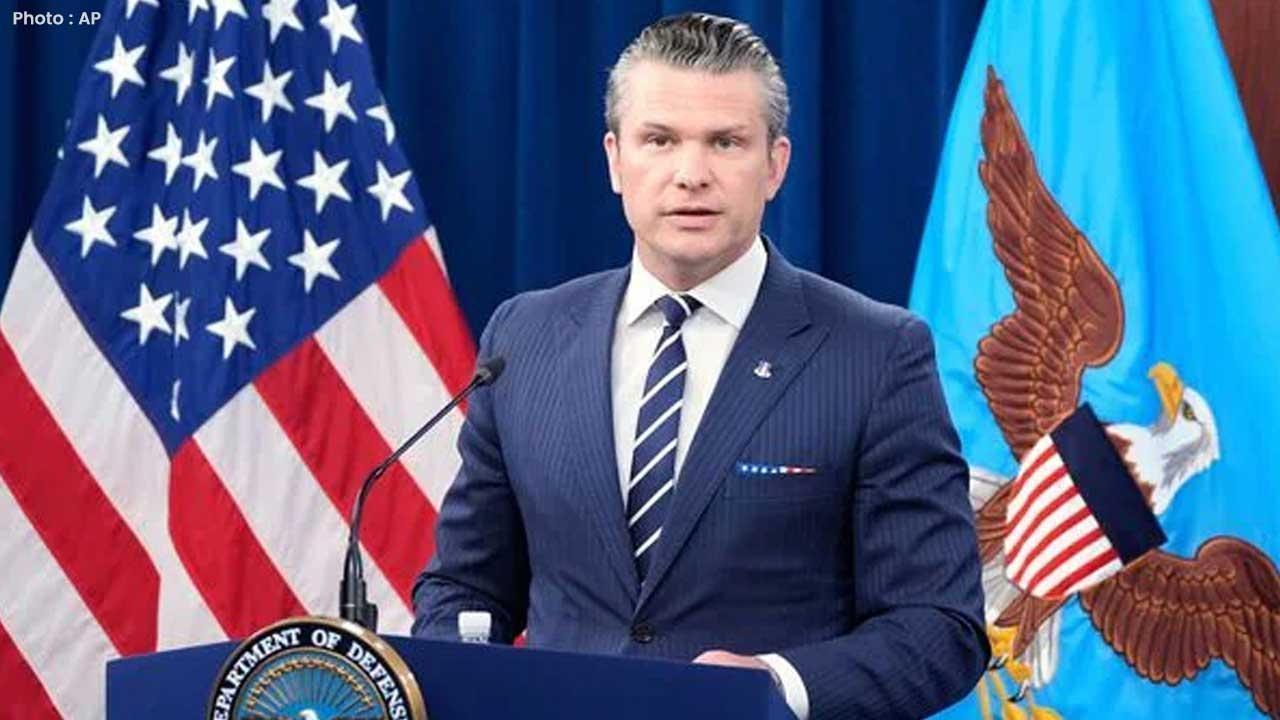


Pageau's Overtime Goal Propels Islanders to 4-3 Victory Over Golden Knights
In a thrilling overtime finish, Jean-Gabriel Pageau leads the Islanders past the Golden Knights 4-3,

MLB Awards: deGrom and Acuna Jr. Shine as Comeback Players
Jacob deGrom and Ronald Acuna Jr. celebrated MLB Comeback Player Awards, alongside Ohtani and Judge

Portugal Confronts Ireland in Pivotal World Cup Qualifier
Portugal, led by Cristiano Ronaldo, faces Ireland in a vital Group F World Cup qualifier that could

Haaland's Brilliance Leads Norway to 4-1 Victory Against Estonia
Erling Haaland showcases leadership as Norway crushes Estonia 4-1, boosting their World Cup ambition

Hawks Triumph Over Jazz; Suns and Raptors Secure Victories
Hawks' Onyeka Okongwu and Jalen Johnson lead in a thrilling win against Jazz; Suns and Raptors also

Indian Men's Recurve Team Clinches First Asian Gold in Nearly Two Decades
The Indian men's recurve team triumphed over South Korea, securing their first Asian gold in 18 year